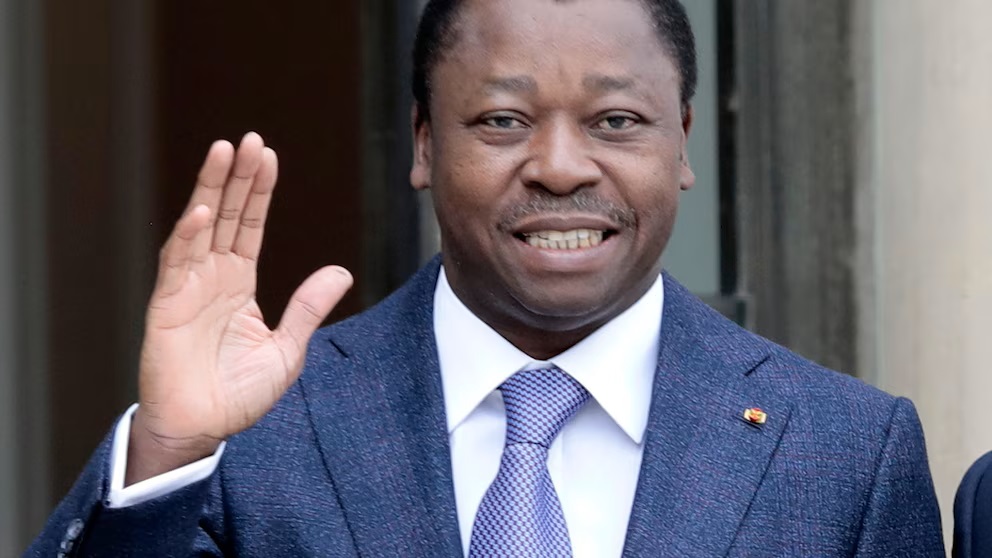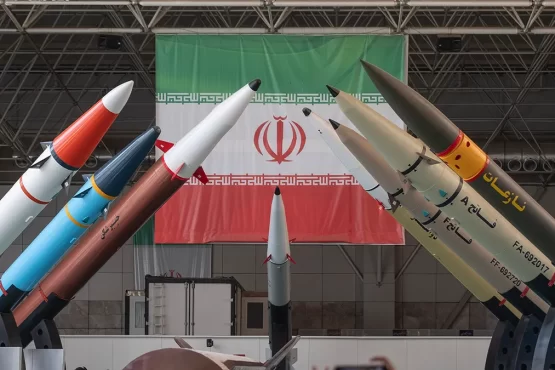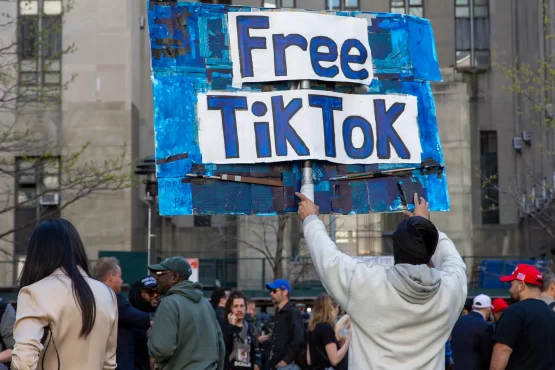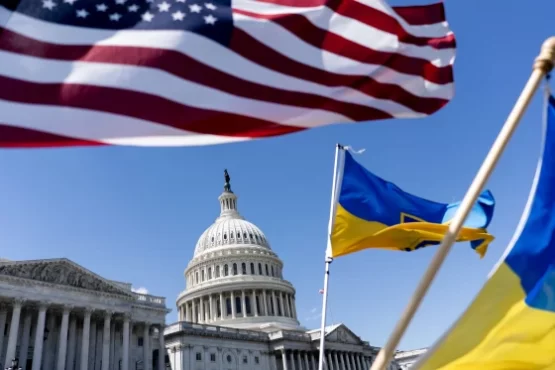In a controversial move that has drawn widespread criticism, Togo’s President Faure Gnassingbe has signed a new constitution that effectively eliminates presidential elections in the West African nation.
The announcement, made late Monday by the president’s office, has been met with fierce opposition from civil society groups, who argue that the changes will enable Gnassingbe to extend his family’s six-decade rule indefinitely.

Under the new constitution, the president will be chosen by the parliament rather than through a direct popular vote.
This significant alteration comes on the heels of the election commission’s announcement on Saturday that Gnassingbe’s ruling party had secured a majority of seats in parliament.
The lead-up to the parliamentary vote was marred by a crackdown on civic and media freedoms.
The government imposed a ban on protests against the proposed constitutional changes and arrested opposition figures who spoke out against the move.
The electoral commission also took the unprecedented step of barring the Catholic Church from deploying election observers, while the media regulator suspended the accreditation process for foreign journalists, effectively limiting independent coverage of the events.

In addition to eliminating presidential elections, the new constitution extends presidential terms from five to six years and introduces a single-term limit.
However, critics point out that the nearly 20 years Gnassingbe has already served in office will not be counted towards this limit, paving the way for him to potentially remain in power when his current mandate expires in 2025.
Togo has been under the rule of the Gnassingbe family for 57 years, with Faure Gnassingbe assuming office following the death of his father, Eyadema Gnassingbe, in 2005.
The opposition has long maintained that the elections that brought Faure Gnassingbe to power were a sham, and the new constitution has only heightened concerns about the erosion of democratic principles in the country.

The new constitution also introduces the position of a prime minister-like figure, to be selected by the ruling party.
Critics fear that this could provide yet another avenue for Gnassingbe to consolidate his grip on power and further undermine the prospects for a genuine democratic transition in Togo.
In response to these developments, a coalition of approximately 20 civil society organizations in Togo has called for protests to demand the reinstatement of the previous constitution.
David Dosseh, a spokesperson for the civil society groups, told The Associated Press, “We will never accept this new constitution, even after its promulgation,” emphasizing that the 2025 election is “absolutely necessary for the people to choose a new president and finally achieve a democratic transition in Togo.”
As tensions mount and the opposition gears up for a showdown with the government, the international community will be closely watching developments in Togo, with many hoping that the voices of the people will be heard and that the country will find a path toward genuine democracy and political reform.











